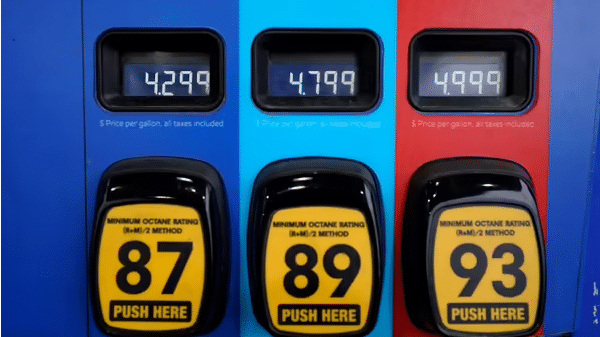Oil prices may double to nearly $300 per barrel if western countries decide to ban imports from Russia, Kremlin warned on Tuesday. The ban may also trigger a shut down of the main gas pipeline to Germany.
The news comes as western alliances, including the United States, Canada and most of Europe, have imposed sanctions on Russia, citing its invasion of Ukraine.
Alexander Novak, the Deputy Prime Minister of Russia, laid out the consequences of possible sanctions on the country’s oil imports. “A rejection of Russian oil would lead to catastrophic consequences for the global market”, he said in a statement.
While speaking about the Russia-Germany lead oil pipeline, Novak said, “We have every right to take a matching decision and impose an embargo on gas pumping through the Nord Stream 1 gas pipeline”, according to reports from Reuters.
Also Read: EXPLAINER: What does Ukraine invasion mean for energy bills?
While many countries in Europe rely heavily on Russia for natural gas, United States President Joe Biden spoke to his British, French and German counterparts and advocated his plan. Reuters reported citing unnamed sources that the United States is willing to move forward, with or without European allies.
In the mix of multiple western sanctions is the Nord Stream 2, the certification of which was halted by Germany late last month after Russia entered Ukraine.
What is the current situation of oil price in United States and Europe?
Gasoline prices are pushing even farther above $4 a gallon, the highest price that American motorists have faced since July 2008.
According to auto club AAA, the average price for a gallon of gas spiked nearly to $4.06 early this week, climbing around 45 cents per gallon in the United States.
The situation seems to be worse in Europe, according to the press releases from the European Commission. The price for one liter of gasoline is averaging 1.75 euros, which is the equivalent of $7.21 per gallon.







